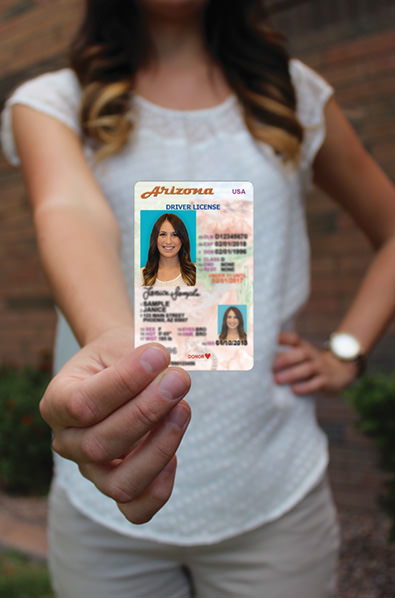What is birth tissue donation?
The placenta is the surrounding membrane that provides nourishment to your baby. After your scheduled c-section, the placenta is removed by your physician. The placenta, which is normally discarded at this time, can be used to help others with your permission. Your decision to share this gift to help others does not affect the health and safety of you or your baby.
Who can donate?
Any mother with a planned cesarean section delivery may be eligible to donate.
Why donate?
The placenta is full of special cells and tissues that stimulate the body’s own healing mechanism, reducing pain, inflammation and scar tissue while also speeding up the recovery process. Your placental gift may benefit patients who have a variety of medical needs. Here are just a few examples:
- Difficult to heal wounds
- Sports injuries
- Ophthalmic procedures
- Dental procedures
How can you participate?
It’s simple. Just say YES to birth tissue donation.
- Make your physician aware that you would like to donate your placenta at the time of your c-section.
- Provide your contact information so Donor Network of Arizona can call you for more information.
- Schedule a time to provide consent and review your medical and social history.
- After delivery, your placenta will be gently placed in a sterile basin. The placenta is then prepared for patient treatment under strict guidelines in accordance with medical and ethical standards.
Have Questions? Great, we have answers!
Is it safe?
The process poses no risk to you or your baby. The birth tissue (placenta and umbilical cord) isn’t collected until after the baby is delivered.
Is it simple?
When you consent to the donation, you answer a series of questions regarding your medical and social history to ensure the safety of the tissue. It’s that easy!
Is it painless?
The donation process requires no additional surgical procedure for you. There is simply only a routine blood specimen collection.
Is it free?
There is no cost to you or your family. Any expenses related to donation are paid for by Donor Network of Arizona.

